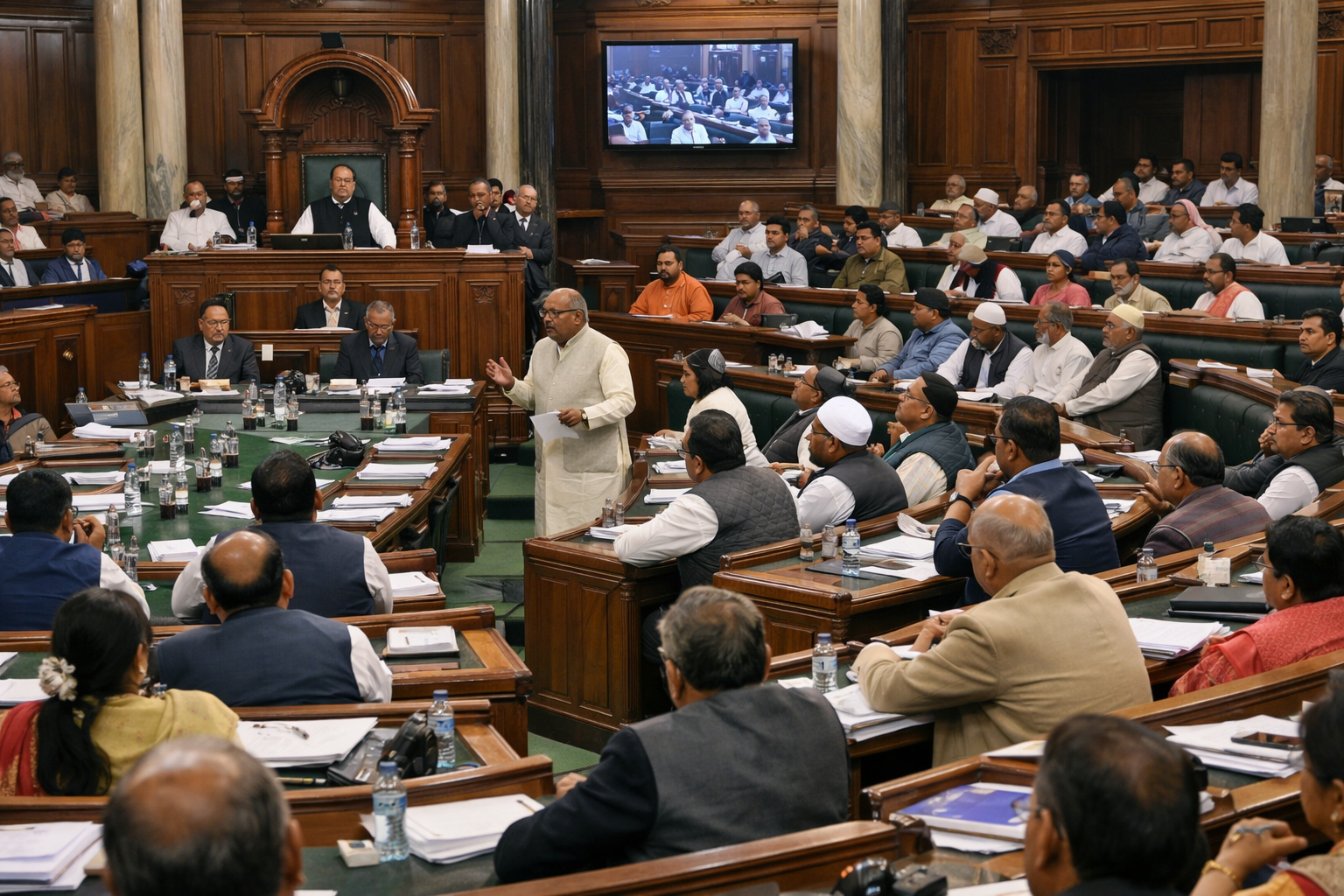Government Drafts Bill to Break State Monopoly in Electricity Supply
The Indian government is preparing a major reform in the power sector by proposing a law that would allow private players to enter the retail electricity market. This would end the long-standing dominance of state-run discoms (distribution companies) that currently control power supply across most regions.
If approved, consumers could eventually have the option to choose their electricity provider just like they choose a mobile network or internet operator.
Why the Centre Wants Competition in Power Distribution
For years, India’s electricity distribution system has faced problems such as:
- High financial losses by state discoms
- Poor service and frequent billing disputes
- Delayed payments to power generators
By opening the sector to private companies, the government aims to bring efficiency, transparency, and better customer service.
New Licensing Structure Proposed Under Draft Bill
According to the draft bill, electricity distribution licenses will be granted to multiple players within the same territory. This means two or more suppliers could operate in a city or district, competing to offer better tariffs and facilities.
The legislation also proposes:
- Mandatory service quality benchmarks
- Strict penalties for non-performance
- Ensuring universal access, including for rural consumers
Industry Experts Call It a Bold but Complex Move
Energy analysts believe the reform could revolutionize India’s power market, but also warn that implementation will be challenging.
“Competition can improve efficiency, but only if the rules protect both consumers and small suppliers,” said a senior power sector consultant.
Large corporations like Tata Power and Adani Electricity may show immediate interest, while smaller startups could follow in niche regions.
How Consumers Stand to Benefit
If executed well, households and businesses may enjoy:
- Lower tariffs through competitive pricing
- Faster grievance resolution
- Smart metering and digital billing by modern operators
However, experts caution that rural and low-income areas must not be neglected during the transition.
What Happens Next?
The draft bill is currently under review and will be opened for stakeholder feedback before being moved to Parliament. If passed, the rollout is expected to be gradual, starting with urban and industrial zones before reaching smaller towns.
Final Take: A Game-Changing Reform in the Making
India’s decision to liberalize its power retail market could mark one of the most significant reforms since electricity privatization began. Whether it becomes a consumer-friendly success or a regulatory challenge will depend on execution but the shift has already ignited industry-wide anticipation.



